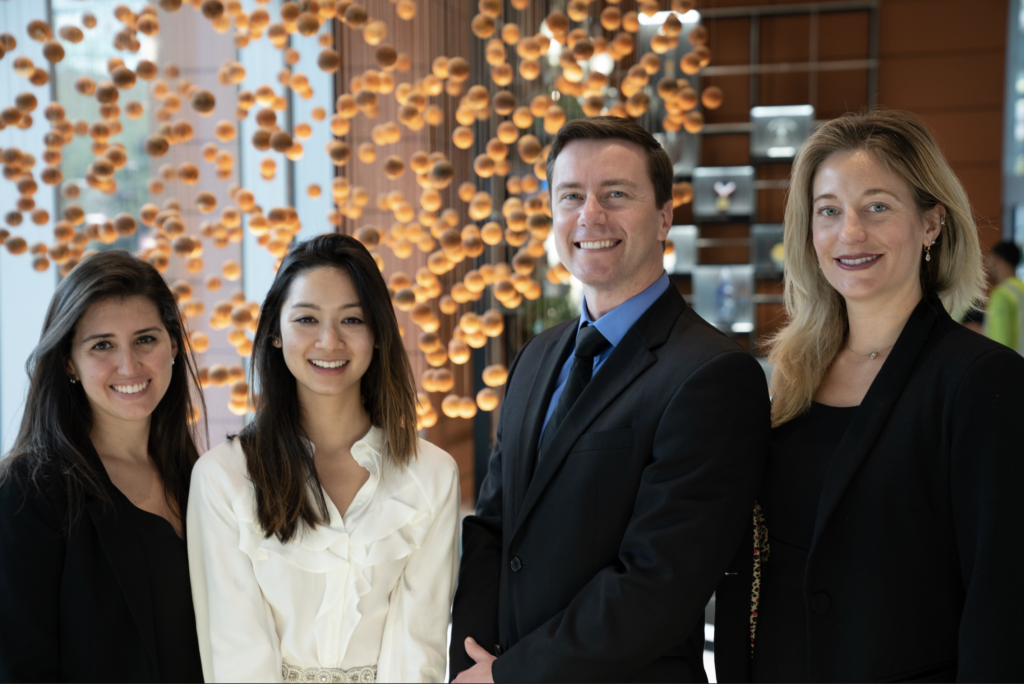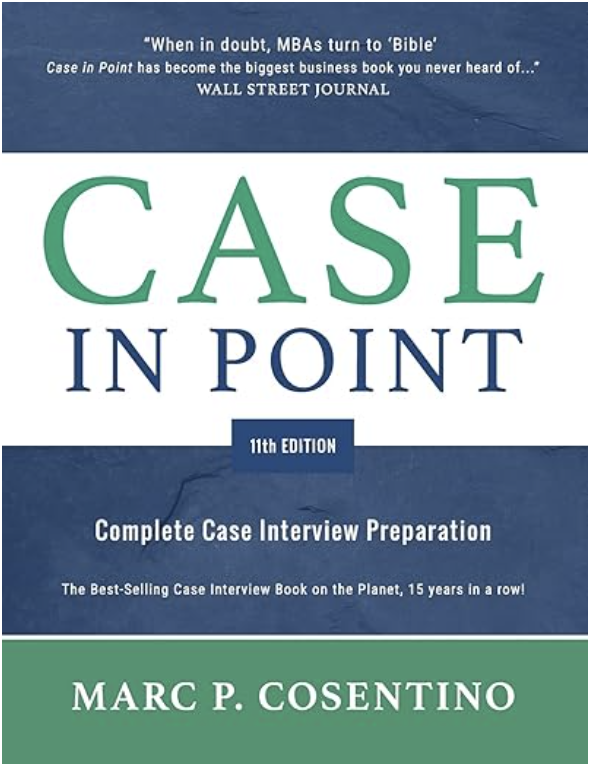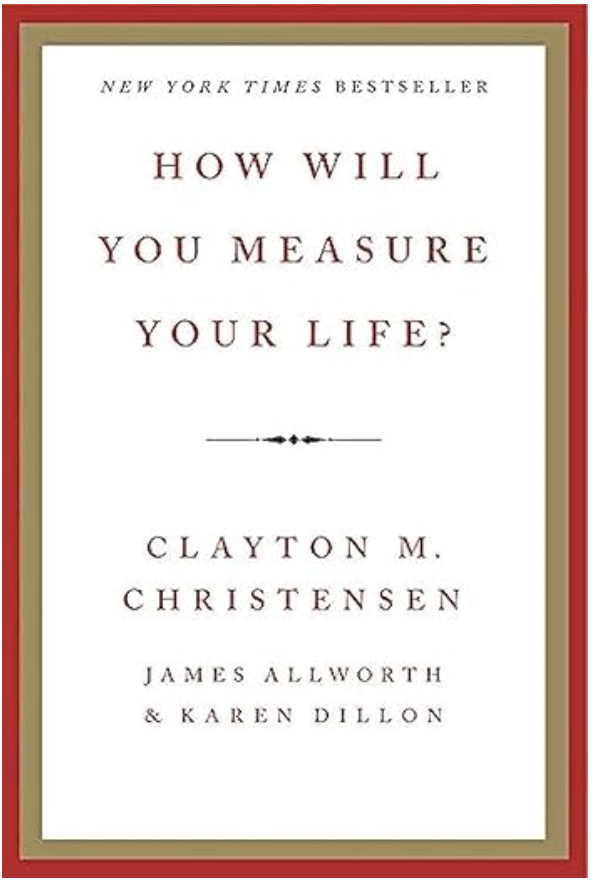
By Linda Nguyen, PhD MBA
Some young fellows at work were asking how I got to where I am today so I initially wrote about how I chose my major, and as a continuation of the theme, this post is about how I made the transition from academia into industry.
I often get the question about how to make the industry jump from students who are contemplating what options there are after graduate school because not many career opportunities beyond completing a postdoc and obtaining a tenure track position at a research institution were highlighted (at least when I went to school). Times have changed and there’s a wealth of resources available to learn about the different types of careers one can have after earning a STEM PhD.
Here’s the story of how I made the transition from academia to industry. I hope that hearing about my experience helps you in crafting your strategy to get the experiences you desire to craft a career you love.
How I knew I wanted to go into industry
When I first started grad school, I wanted to become a professor and run my own lab. I really enjoyed the teaching process and seeing how the students’ faces lit up when they finally understood the concepts and could apply what they learned. It was a rewarding feeling to have that kind of positive impact in these young scientists’ lives. Meanwhile, I was spending nights, weekends and holidays pipetting in the biology building’s basement running experiments on animal models that sometimes worked and sometimes didn’t. It was mentally and physically trying and I couldn’t help but wonder that there was a way to contribute to society and science that had a more direct path to helping humans. That’s when I started to look for other opportunities for scientists beyond academia.
How I sought out opportunities beyond academia
I was lucky to have been trained in an environment where there was ample opportunity to learn about biotech and pharma. Cambridge was just across the river from campus, and with it the many world class research institutions, VCs, startups, incubators, and biotech and pharma companies to explore. The local schools’ healthcare clubs would organize in person lunch and learns, treks to visit different companies and more to expose the students to the business of science. I absolutely loved the experience. The more I learned and the more I spoke to these likeminded grad students and founders, the more excited I became and thought how this was made for me.
Of course, networking and exploring opportunities took time so I had to balance that with research, teaching, and personal life by keeping track of when and where events occurred and blocking off time on my calendar. However, this was important to me as I looked forward in my career so I made it a priority to build relationships and find my next adventure.
How I got my first industry position
One day, I saw a flyer posted on a bulletin board in the biology building. It advertised a two year medical affairs industry fellowship at Biogen that would be a platform for jumping off a career in industry. The two year training consisted of the first year devoted to exploring 3 groups within the medical affairs department and one group of the fellow’s choice. The last year was a longitudinal experience in one of the medical affairs groups the fellow rotated in. The fellowship sounded too good to be true because I was in a position where I was unclear about what I wanted to do with my career and here comes an experience that promised to allow me to build my own adventure to explore different cross-functional areas within a biotech company in as many therapeutic areas and drug stages as I wanted. To be able to try different things and learn about different potential career paths was highly enticing.
So I went to the medical affairs fellowship’s lunch and learn held at my school and met the director of the program and a medical director who came to provide more context about her experience at Biogen. The program sounded incredible and when the PhD trained speakers shared how their winding path eventually led them to their career and Biogen, I felt like their motivations really resonated with me and the culture sounded great and collaborative. Of course I had to apply!
I prepared my CV and reached out to people I knew at Biogen and some others who were fellows in different roles at the company for introductions and informational conversations. Doing the due diligence helped me get a better sense of the culture and environment at the company and also to learn more about the company’s values and mission. It also helped me to learn the lingo that was used there. These things in turn helped me demonstrate my interest in the fellowship and better prepare for the rounds of interviews that ultimately led to me getting the role.
How being in industry has helped my career
The uniqueness of the fellowship I had at Biogen will never be lost on me because it allowed my insatiable curiosity to explore and try different functions. Having enjoyed learning about the business of science in the various lunch and learns and treks during grad school, I wanted to gain experiences that allowed me to interface more with business, external innovation, commercial and value and access cross-functionally and to have assignments that allowed me to not only synthesize vast amounts of information, but also to practice thinking strategically. My goal was to understand my level of interest and my aptitude for the business of science. Furthermore, I learned quite a bit about different therapeutic areas and how the drug discovery and clinical development process worked. I gained foundational skills necessary to work cross-functionally with different teams internally and externally. I also met some wonderful people at Biogen whom I deeply admire, respect and still consider to be amazing friends and colleagues to this day.
I had the great fortune of finding mentors while I rotated through scientific communications, medical business operations, medical directors’ office and external innovation who were keen on providing me these opportunities to learn more about myself, help solidify my passions and giving me the feedback I needed to improve day to day. Even when I went into interviews during COVID looking for my subsequent position, I received coaching from my mentor in my longitudinal rotation about how to develop a cohesive narrative around my experiences, what was expected in the interview process and in so doing, gained more confidence in my delivery so I could land my next role. Between having industry relevant stories, getting feedback on how to narrate my experiences in industry, implementing the recommendations and going through the process of interviewing for business development transactions and practicing casing with other folks keen on making it into strategic management consulting at McKinsey, Bain or BCG was all helpful for me to land my next industry role.
My first industry experience was extremely supportive of my personal and professional growth and for that I will always be grateful to have had the privilege to learn from the best and the freedom to design an experience that would set me up for success and teach me invaluable lessons. The lessons I learned in industry continue to build on each other and led to me later earning distinctions in collaboration, negotiation and relationship building.
Thanks for being here and for reading. I truly hope my experience transitioning to industry inspires you in your own journey to captain your own ship and design the adventure that will bring you the most happiness and meaning in your life.
Note: My opinions are my own and not of my employer, current or otherwise. I may earn a small commission when you purchase through links found on this site. Thank you so much for your support!


Ahaa, its good conversation concerning this
piece of writing here at this blog, I have read all that, so at this time me also commenting at this place.
Aw I’m so happy to hear that you’re enjoying the articles I’m writing. Thank you so much for being here! Let me know if there are particular topics you’re interested in and I can add them to the list. Have a great weekend, Patsy.